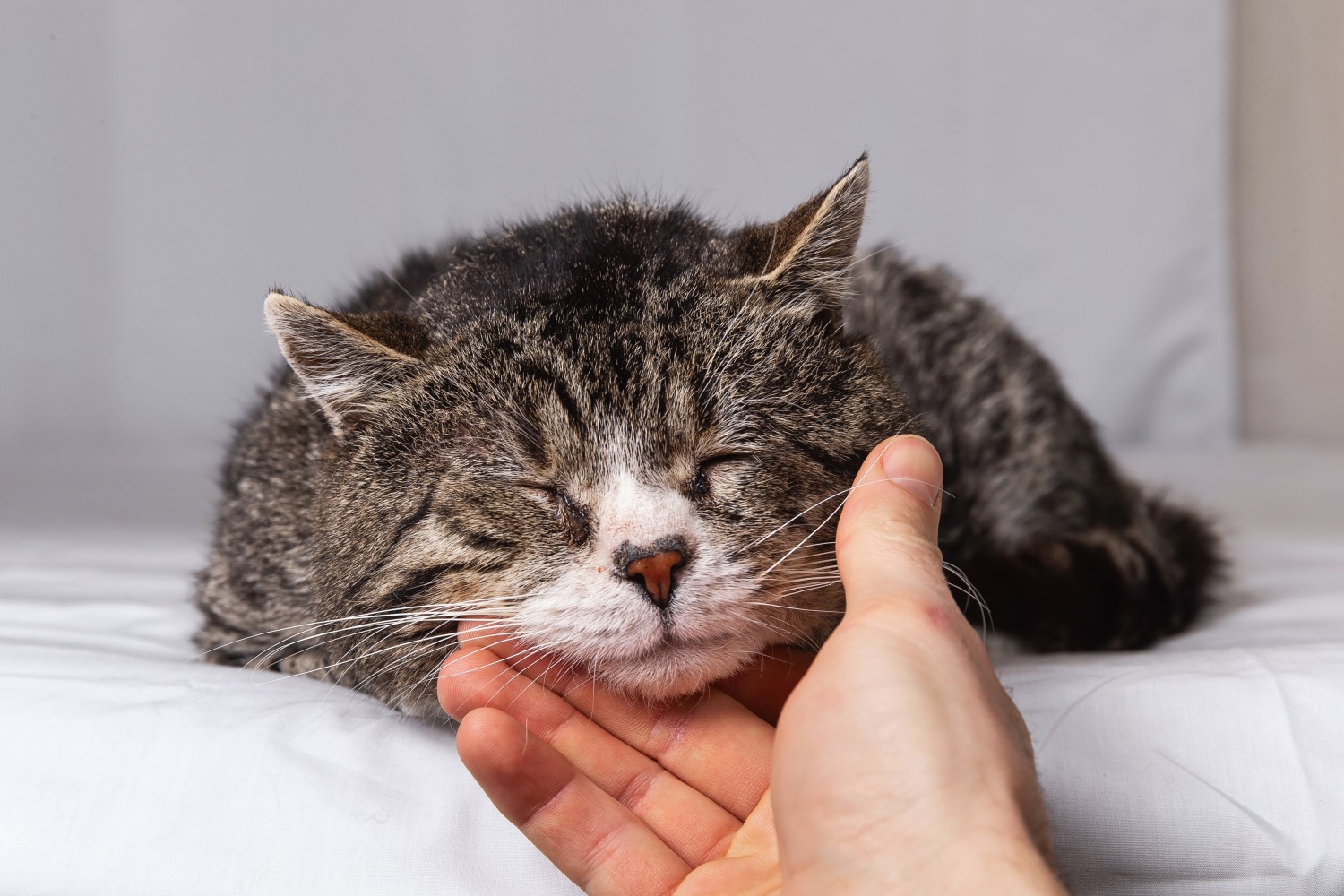|
|
LOCATED AT: |
|
CALL US TODAY: FAX: |
|

Click HERE to view some of the common hazards your pets may encounter during the holiday season and how you can be prepared to keep them safe.
Southside Animal Hospital
(517)882-6614
www.southsidevetlansing.com
Senior pet care
According to the AVMA, our pets are living longer. This is thought to be due to advances in veterinary medicine and better overall care of our pets. This is great for us and our furry family members. However, as our pets age, they require additional care. Senior pets will frequently develop age related health problems that can impact their longevity and quality of life. Regular veterinary examinations can detect many problems before they become serious or life threatening.
At what age does my pet become a “senior” pet? There isn’t really an exact age that determines that a pet is a senior. Many factors including the pet’s life style, genetics, previous history of illness and even size will have an impact on how they age. In general, cats and smaller dogs age slower and live longer. The scale below is only an approximation for when we consider a pet to be a senior: Cats and small dogs: 9-10 years of age
What additional care does my senior pet require? No matter how well cared for, senior pets are vulnerable to many age related issues and diseases. As a result, senior pets requires more attention than younger pets.
What changes and health problems are common in senior pets: For most senior pets, we will see the tell tale signs of greying of the coat and slowing of their pace. We may also see a decrease in their sight and hearing. Other changes that may be common can be more serious and require intervention and treatment:
Important end of life decisions for our senior pets: It is a blessing that our pets are living longer, giving us more time with them. Unfortunately, that leads to difficult decisions regarding their end of life care. Your veterinarian is an important source of information and assistance at this heart breaking time. There are many ways to assess your pets quality of life to determine if your pet is at the end of their life. We may offer a quality of life scale to quantify your pets daily life. Or, we may discuss if your pet is having more good days than bad days. We may discuss keeping a journal to track your pets progress on treatments. Although the timing of humane euthanasia is personal, we are here to help you. We can walk you through questions and concerns you have, including an honest evaluation of your pet’s quality of life. You can find more information regarding end of life care on our end of life web page. This includes quality of life scales, discussions of palliative and hospice care, natural death vs euthanasia, memorials and grief services. |







